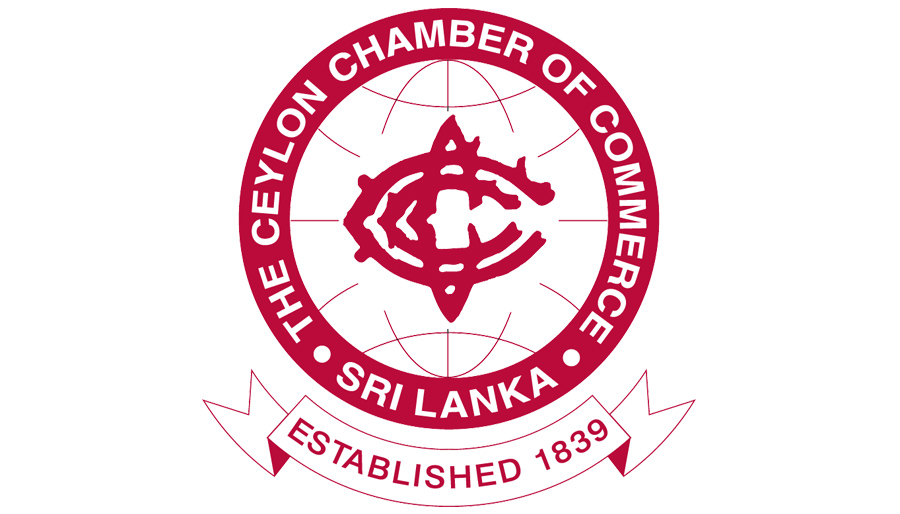Sri Lanka’s 2025 Budget: A Path to Stability, Growth, and Transparency
Ceylon Chamber of Commerce Hails Government’s Consistent Economic Vision
The Ceylon Chamber of Commerce has expressed strong support for Sri Lanka’s 2025 Budget, applauding the government’s commitment to policy consistency, particularly in its tax framework. The Chamber lauded the avoidance of ad-hoc tax measures, emphasizing that maintaining a stable taxation system fosters a conducive environment for growth and investor confidence.

Inclusive Growth and Bold Reforms: A Vision for the Future
The budget introduces bold proposals aimed at addressing national issues and facilitating inclusive growth. Notably, the introduction of the National Single Window, a long-requested reform from the private sector, aims to simplify trade facilitation and improve the ease of doing business in Sri Lanka. These progressive measures are aligned with the Sri Lanka Economic Summit discussions and Vision 2030, aiming to build a robust foundation for the country’s transformation.
Public-Private Partnerships and Digital Economy: Keys to Transformation
A major focus of the 2025 Budget is infrastructure expansion through Public-Private Partnerships (PPPs), alongside initiatives aimed at driving Sri Lanka’s digital economy. The establishment of a National Digital Economy Authority and the promotion of e-governance are expected to reduce bureaucracy, enhance transparency, and streamline government services, which will lead to more efficient governance and business processes.
Ensuring Timely Implementation of Reforms: The Road Ahead
While the budget outlines ambitious reforms, the Chamber stressed the importance of their timely and effective implementation. Projects like the National Single Window, in particular, require clear timelines and the government’s commitment to ensuring the proposed reforms come to fruition. The success of these initiatives will heavily depend on their execution.
Consultation and Collaboration: The Way Forward for Proposed Changes
The Chamber also highlighted the need for consultation with stakeholders, especially regarding the transition to a risk-based refund system, minimum wage adjustments, and labour reforms. Effective engagement with the private sector and clear alignment with sustainability principles will ensure these changes support both business growth and inclusive economic participation.
Sri Lanka Bankers’ Association Backs the Budget’s Proposals
Echoing similar sentiments, the Sri Lanka Bank’s Association (SLBA) praised the budget’s focus on governance reforms, which aim to reduce discrepancies between management and audited accounts in businesses. The SLBA anticipates that improved governance will curtail money laundering and strengthen fiscal accountability. Additionally, the drive for digitalization, including the installation of Point-of-Sale (POS) systems, is expected to increase transparency and reduce cash-based transactions.
Strengthening SME Support: Credit Guarantee Institutes and Digitalization
The SLBA also welcomed initiatives like the establishment of a credible Credit Guarantee Institute and the development of a specialized development bank for SMEs. These steps are seen as crucial for fostering resilience and growth in key sectors, especially as banks expand their credit offerings in line with Sri Lanka’s financial sector reforms.
A Budget Aligned with Vision 2030: Toward a Resilient Economy
The Ceylon Chamber of Commerce is optimistic that the alignment of the 2025 Budget with its own recommendations and Vision 2030 will result in a resilient, inclusive, and competitive Sri Lankan economy. While the budget’s proposals are promising, the Chamber emphasized the importance of stakeholder collaboration and policy stability to ensure these reforms achieve their intended goals.
As the implementation of these reforms progresses, Sri Lanka’s long-term economic health will depend on how well the government engages with the private sector, drives transparency, and ensures sustainable growth for all sectors of society. With the right policies in place and timely execution, Sri Lanka could be on the cusp of transformative change.







